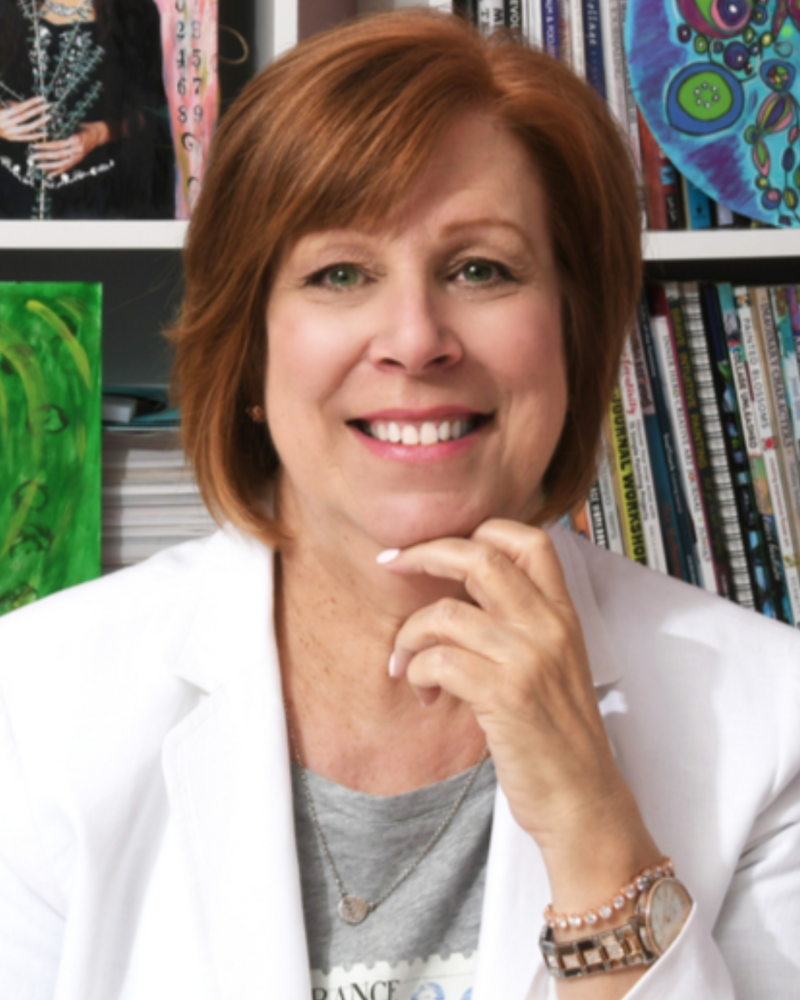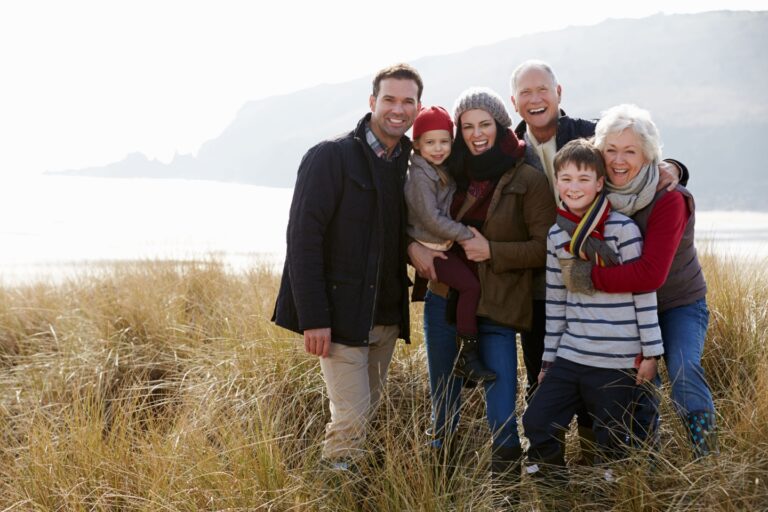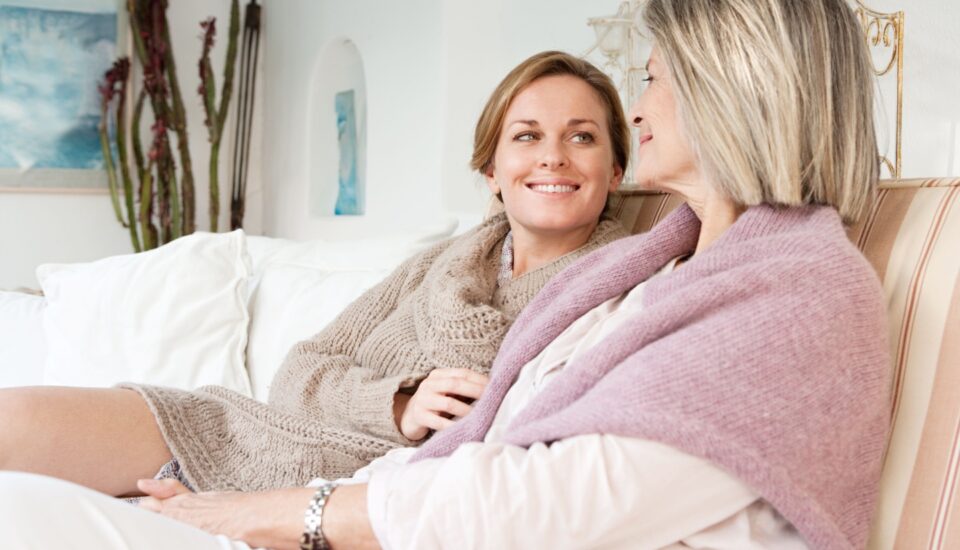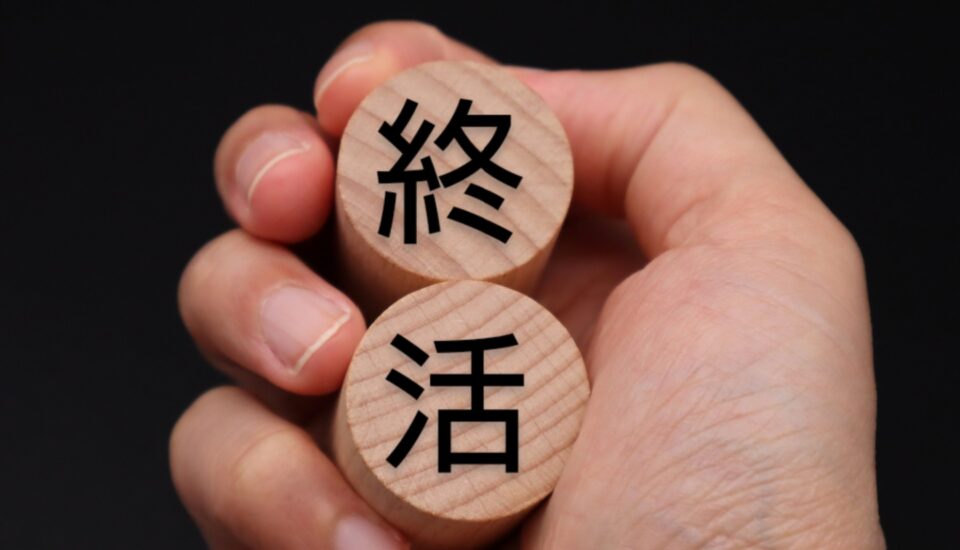Bringing Support to the Caregiver Journey

Begin the Journey
Engage in reflective reminiscing, explore legacy and meaning, express love and gratitude, clarify wishes and values, and support emotional well-being in gentle and heartful conversations to initiate end-of-life planning.

Education and Support for Family Caregivers
Family caregivers are amongst the unsung heroes of the healthcare system, often working tirelessly behind the scenes with little training, recognition, or support. These devoted individuals provide crucial, continuous care to their loved ones, bridging gaps in our healthcare infrastructure that would otherwise remain unaddressed. As they navigate the complexities of medical, financial, and emotional demands, the invaluable service they provide remains largely invisible, making it essential to acknowledge and support these hidden pillars of healthcare.
My Invitation to You
Family caregiving is a complex role. It is often invisible amidst the clinical world, yet more and more, it’s becoming the backbone of our broken healthcare system. When thrust into family caregiving, your plans change, your priorities shift, and you may be in fight/flight mode and experience trauma as you bravely take on the role of caregiving a loved one; all the while, your heart is breaking.
You ask for help, and sometimes you receive it, and sometimes you don’t. You get lots of advice from those on the sidelines who are not willing to jump into the trenches with you. You get “Brightside” from those who think the answer to your stress is looking at the bright side.
Well-meaning advice that is unhelpful can add to your discouragement. You begin to feel like a failure, and the more you try to prevent the progression of the disease or aging, the more you will be overcome by stress and fatigue.
You have a powerful inner voice, and I encourage you to listen to it. Only you know your strengths, limitations, health, and well-being. While no one may have asked if you wanted to take on this role, you can shape your approach to caregiving and your health and wellbeing along the way.

Throughout our programs, you will find inspiration and ideas that will help you tune into your inner wisdom. You’ll define and shape your caregiver role, create a support system, and learn to challenge assumptions about your role from the medical system and family graciously. I can tell you from having lived through it multiple times, there is life through caregiving, there is life after caregiving, and there is a changed you after caregiving.
We invite you to return to yourself and tap into the inner power that can sustain you and help you thrive amid chaos and loss.
We can start here…
Caregiver Coaching takes a holistic and compassionate approach to supporting caregivers through every stage of their journey, from the initial challenges of caregiving to the eventual loss of their loved one. By addressing emotional, practical, and relational aspects, Caregiver Coaching empowers caregivers to navigate the complexities of caregiving with resilience and grace.
I am honored to serve you through consulting, education, emotional support, and my deeply available presence. There are several topics that I can support you through your family caregiving.
In addition to a healthy diet and exercise, embrace a holistic self-care approachincluding guided visualizations, journaling prompts, intention-setting exercises, and meditation.

Meet
Terri Altschul
It seems I have been a Caregiver most of my life – from being a mommy’s helper to my three younger brothers while growing up to becoming the family matriarch (in responsibility, not age) in my 20s while raising three sons. In the last ten years, I have been the caregiver for my husband through his cancer journey and was the caregiver and shepherd for my mom, dad, and brother at the end of their lives. I know first-hand the ambiguities and weariness of being the go-to person in a world where we no longer have “a village of support” and the medical systems are so fragmented.
I am honored to serve you and your loved ones during these sacred life transitions. I can support you through difficult conversations, help you organize final wishes, and offer loving, nurturing tools for your body, mind, soul, and spirit.
Support for the Sandwich Generation
The “sandwich generation” are individuals in their middle years. They play a crucial role in providing care and support to both their parents and children, navigating complex healthcare systems, coordinating appointments, managing medications, and addressing various needs. Balancing caregiving duties with work obligations can be particularly demanding, sometimes resulting in burnout and decreased well-being. We are here to support before a crisis occurs and when a crisis occurs.


So unless we form some kind of adequate relationship to death, we're never going to live properly, and if we think of it purely as a medical thing, we have reduced life. We should think of it as some sort of mystery which we can participate in now, not something to be pushed off to one side till the last moments.
Author: Kevin Hart
Caring Insights Blog
Supporting You Through THE PHASES of your caregiving journey
Together, we can create moments of profound connection, honor the dignity of every individual, and foster a sense of peace during life’s transitions.
234 Olivine Circle
Townsend, DE 19734




